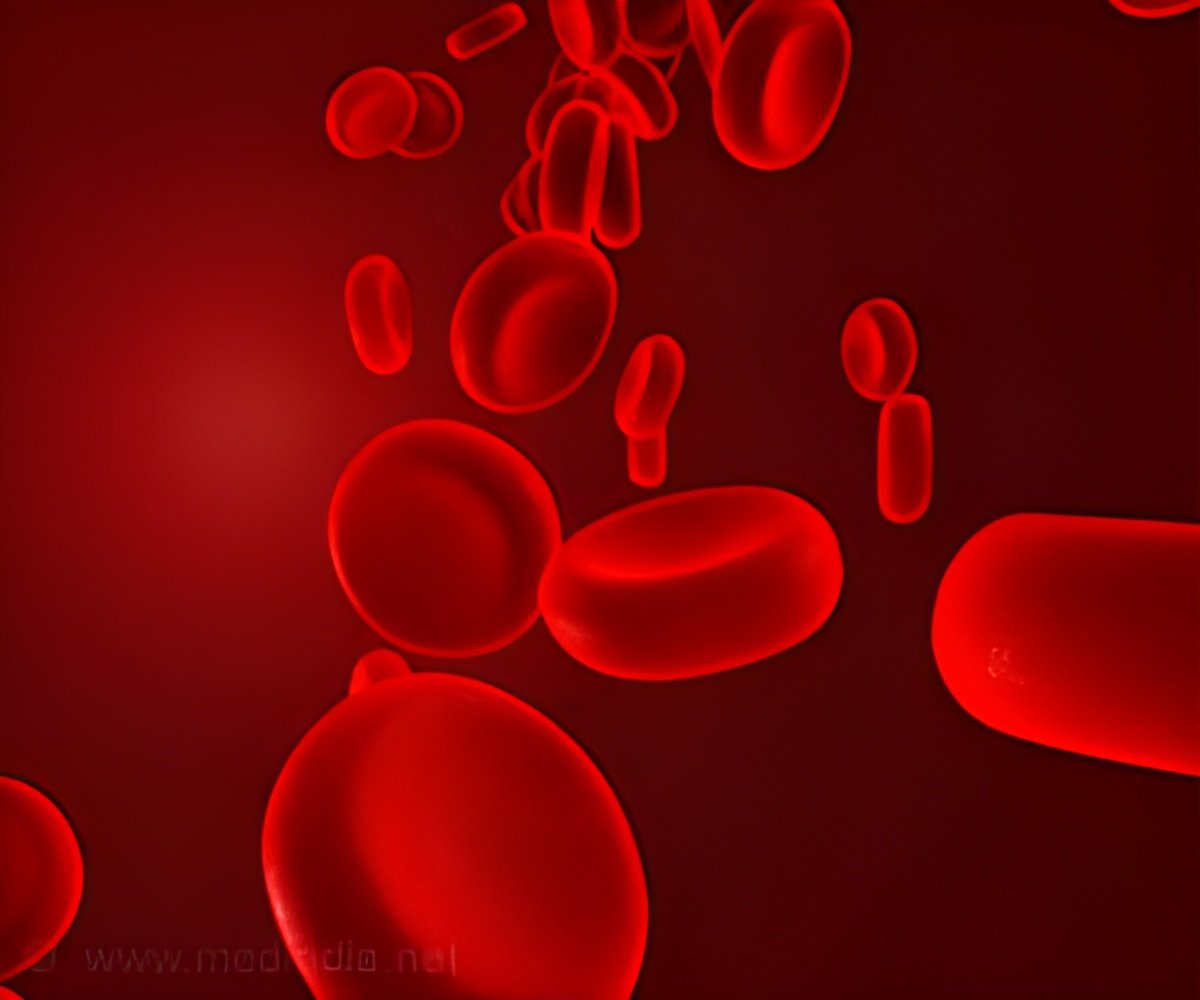To assess the bleeding risk in Indian patients who are on drugs, a score has been derived by doctors that prevent clotting of blood.

There are already a few bleeding risk prediction scores available in the world, but most are derived from the white population and more importantly, none have evaluated the predictive significance of genetic risk factors so far, it said.
A substance that prevents clotting of blood, anti-coagulants are being used all over the world since early 1940s for treatment and prevention of thrombosis - clot formation in a blood vessel that obstructs flow and affects various body parts and organs like legs, heart, kidneys, brain and lungs etc.
Despite its common usage, oral anti-coagulant (OAC) therapy is associated with significant bleeding complications.
The study was conducted on 310 patients from departments of vascular surgery, cardiac surgery and neurology from August 2009 to August 2012 at Sir Ganga Ram Hospital here. It took approval from the hospital's ethics board committee and was in accordance with the ethical standards of World Medical Association.
"The report shows that the number of bleeding episodes can be effectively reduced, thus sparing the patients from adverse outcomes and reducing hospital admissions," said Risha Nahar, scientist at the hospital's Centre of Medical Genetics.
Advertisement
Both genetic and non-genetic factors (drug-drug interactions, additional medical conditions, age, history of bleeding) are known to contribute towards bleeding or haemorrhage in patients on anti-coagulant therapy.
Advertisement












